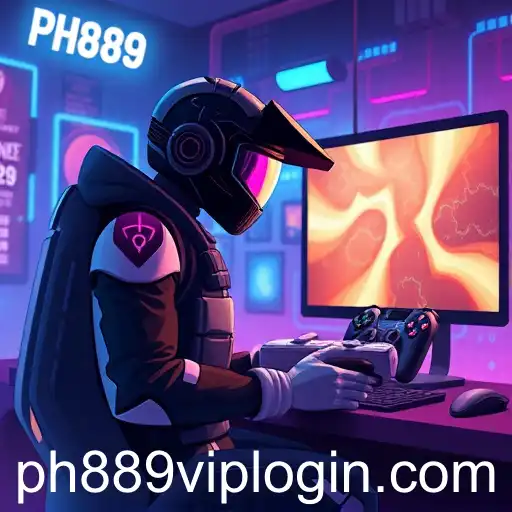
The online gaming industry is experiencing a transformative phase, especially as we dive deeper into 2025. With advancements in technologies such as AI, VR, and blockchain, platforms like PH889 are at the forefront of redefining how games are developed and played. In recent years, the incorporation of artificial intelligence in game design has not only enhanced graphical interfaces but also significantly improved non-player character (NPC) interactions, leading to more dynamic and engaging experiences for gamers.
Platforms like PH889 have utilized these technological advancements to create more immersive gaming environments. This shift is not just about graphics; it's about changing the foundational mechanisms of game interaction. Virtual reality, for instance, has become a staple in the gaming industry, enabling players to experience a more lifelike adventure, which was unimaginable a few decades ago. This push towards seamless integration of new technology in gaming has fostered a community that is both engaged and eager for innovation.
Furthermore, the use of blockchain technology in gaming has introduced concepts such as decentralization and digital ownership. Players can now truly own in-game assets, enhancing the overall value proposition of games offered by platforms like PH889. This blockchain integration ensures security, transparency, and scarcity of in-game items, paralleling the real-world economics, which holds a substantial allure for investors and tech enthusiasts alike.
As technological advancements continue to evolve, platforms such as PH889 are not just keeping pace but are pioneering new frontiers. This dynamic evolution has prompted a broader discussion around digital ethics and the potential implications of technology on competitive gaming environments. How these platforms navigate these challenges will likely set a precedent for the industry's future and cement their legacy in the rapidly evolving digital landscape.


